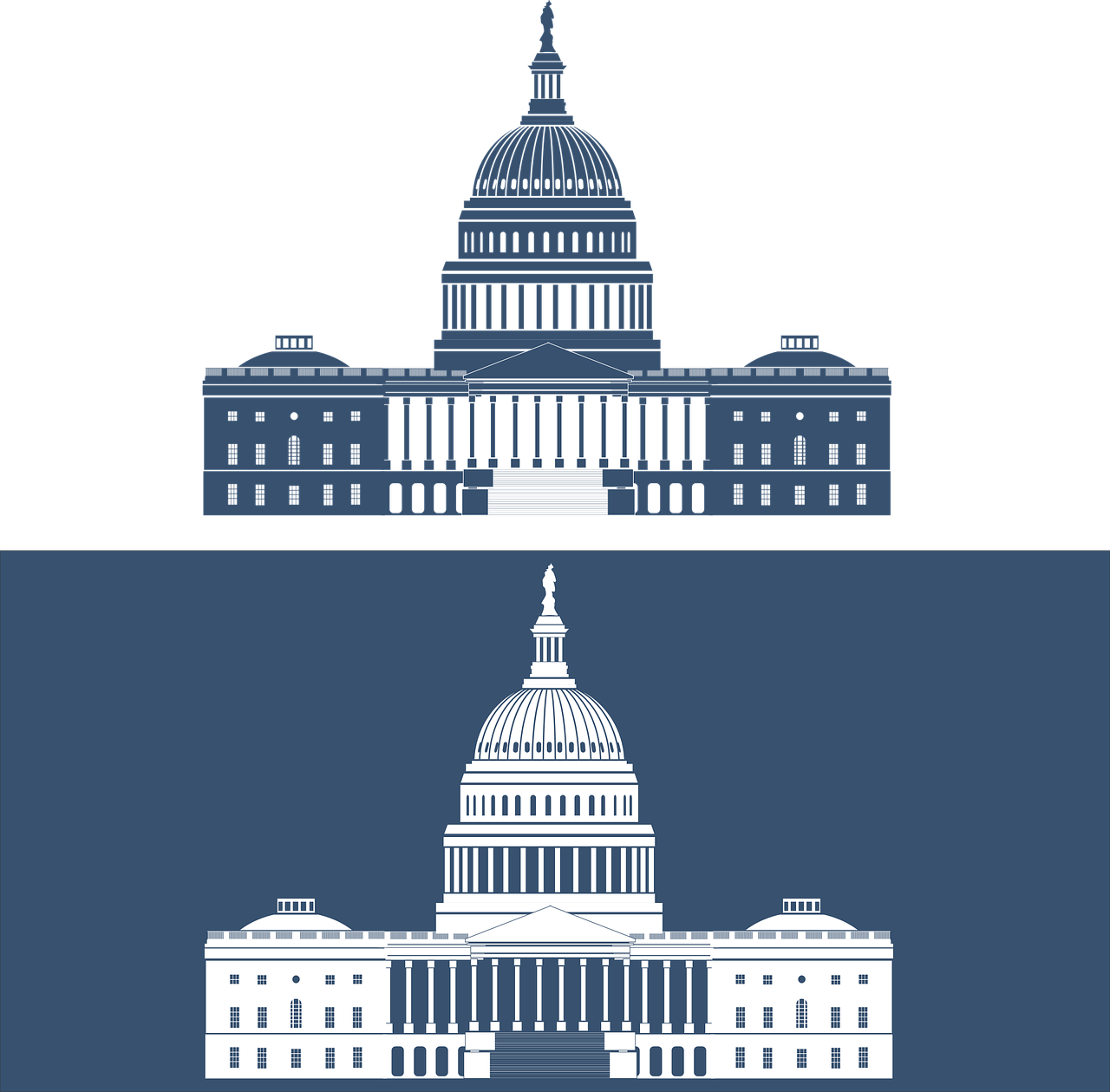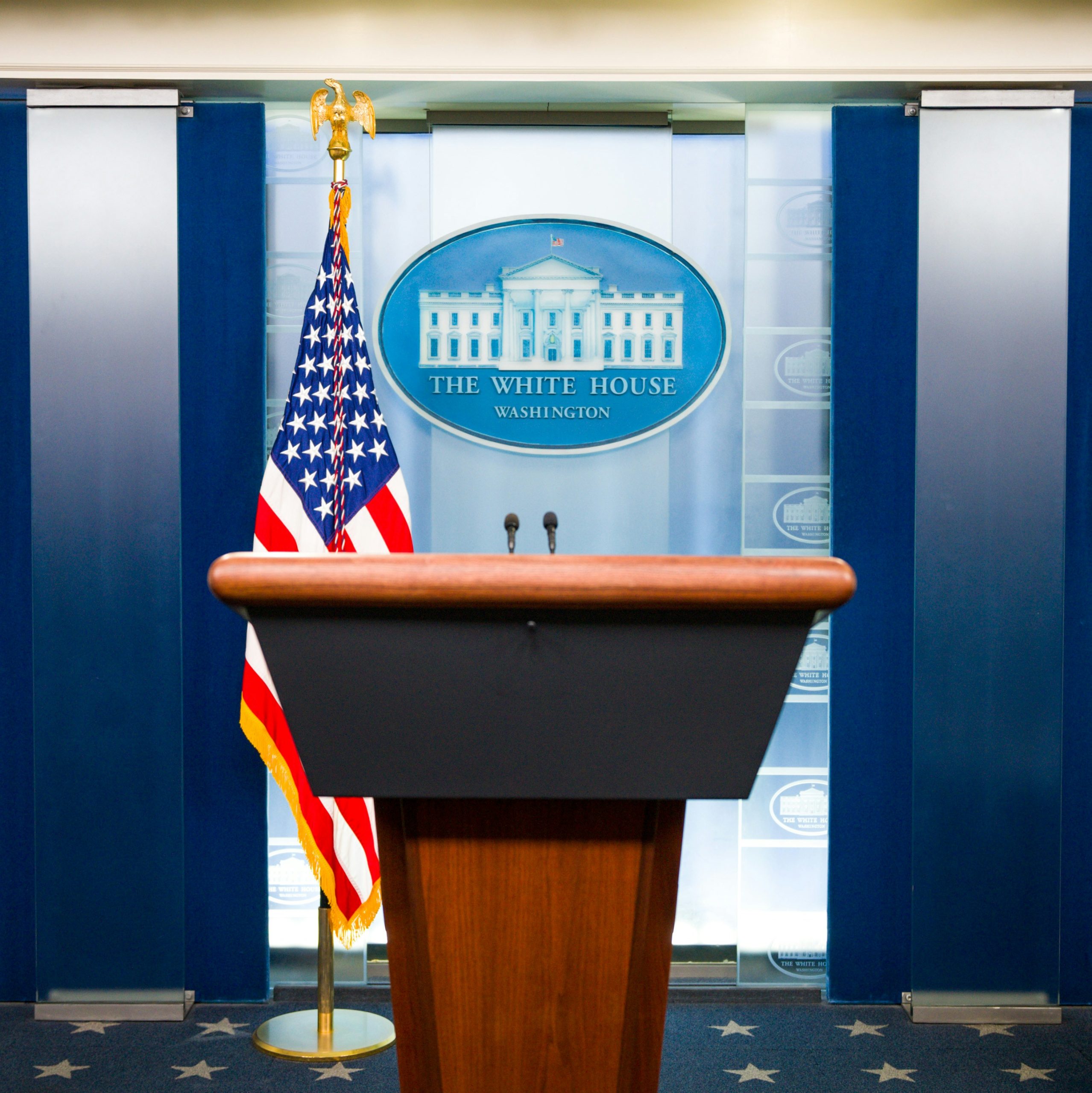 We are pleased to report that the U.S. Department of State’s Bureau of Consular Affairs has published the February 2026 Visa Bulletin.
We are pleased to report that the U.S. Department of State’s Bureau of Consular Affairs has published the February 2026 Visa Bulletin.
In this blog post, we breakdown the movement of the employment-based and family-sponsored categories in the coming month.
USCIS Adjustment of Status
For adjustment of status filings to permanent residence in the month of February, USCIS will be using the Dates for Filing Chart for the employment-based and family-sponsored categories.
Highlights of the February 2026 Visa Bulletin
At a Glance
What can we expect to see in the month of February?
Employment-Based Categories
Final Action Advancements
EB-3 Professionals and Skilled Workers
- Except India and China, all countries will advance by 5.7 weeks to June 1, 2023
Dates for Filing Advancements
EB-1 Aliens of extraordinary ability, Outstanding Professors and Researchers, and Certain Multinational Managers or Executives
- EB-1 India and China will retrogress by 2 weeks to August 1, 2023
EB-3 Professionals and Skilled Workers
- Except India and China, all other countries will advance by 3 months to October 1, 2023
 Visa Lawyer Blog
Visa Lawyer Blog










